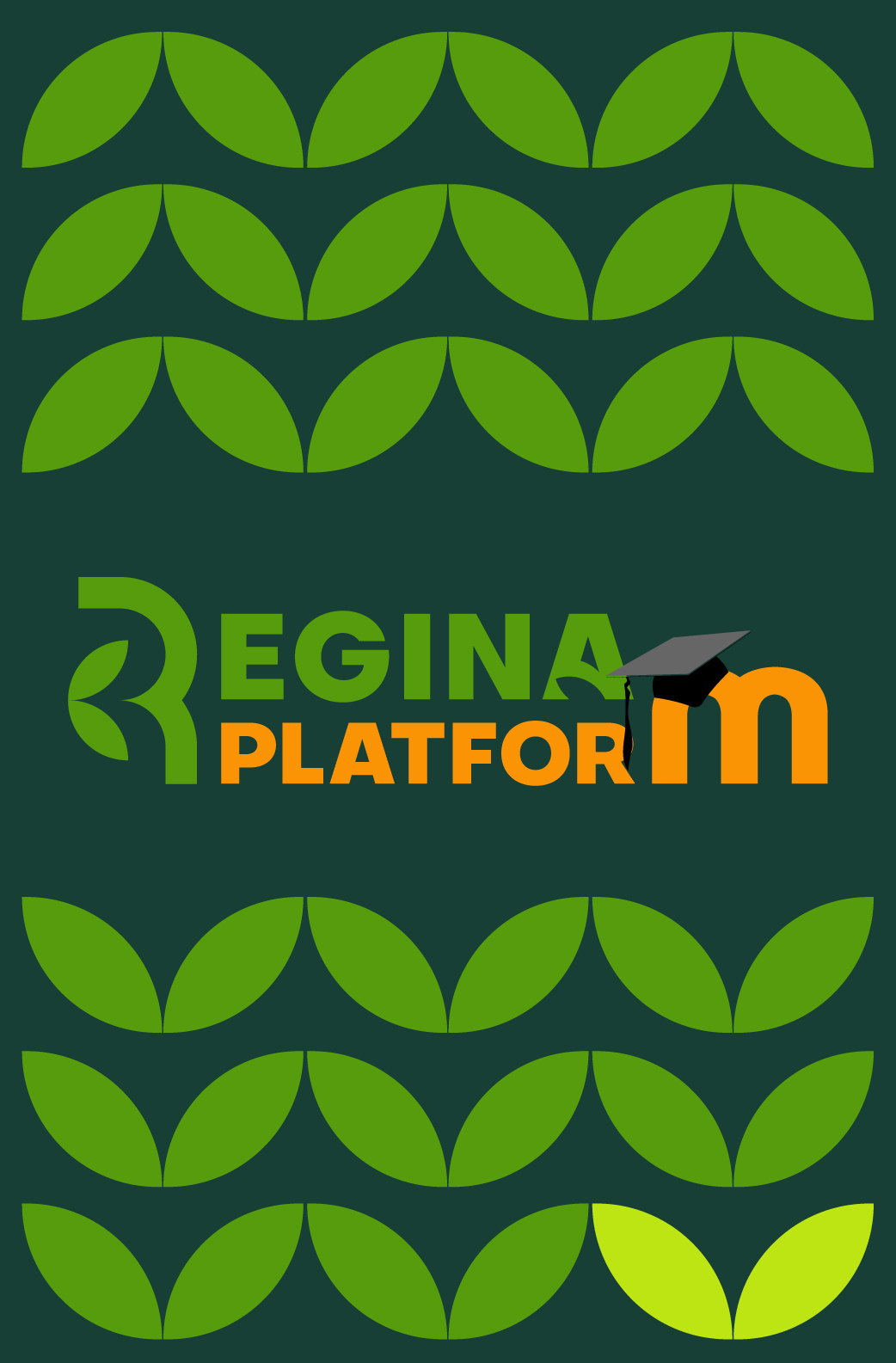Paul Moore Tillage (Arable) Farmer
Success Story
Paul Moore is a Tillage farmer near Midleton, Co. Cork. He farms 56 hectares, growing crops such as Malting Barley, Beans and Oilseed Rape, with a small herd of cattle. In 2017, Paul began experimenting with ‘Regenerative Agriculture’ practices to see if it would work for his type of farming, and for his land.
About one quarter of Paul Moore’s land is farmed regeneratively, and as he begins to learn the techniques and see improvements, he hopes to transition more of his farmland to Regenerative Agriculture. Regenerative Agriculture Practices that Paul uses include:
- Strip Tilling: Whereby only narrow strips of land are tilled (where the seeds get sewn), with the areas in-between left undisturbed. This method improves water drainage and enhances soil health, which can lead to higher crop yields.
- Wildlife Margins: Area surrounding fields that are left uncut for wildlife to flourish unharmed. Native flowers are excellent for the health of our native pollinators and natural biodiversity.
- Beetle Banks: These are wide strips of uncut land amongst tillage fields that create habitats for beetles that feed on the pests that attack crops. Natural pesticides, if you will!
Since starting Regenerative Agriculture practices, Paul has noticed an increased number of “helpful” insects on his land. These insects include Ladybirds and certain Beetles, which are natural predators to the Aphid. Aphids are pests on tillage farms that are usually killed with chemical pesticides. The Aphid population on Paul’s farm is kept low due to the predatory insects. Paul explains that his main issue with using no pesticides is having to deal with slugs! He is currently experimenting with different ways of combating slugs naturally.
Government schemes such as the old “GLAS” scheme (now evolved to the “ACRES” scheme) have allowed Paul to gain some financial support for the use of cover crops, a regenerative practice. Cover crops ensure that bare soil, which releases carbon into the atmosphere, is covered between harvest and resowing. By covering the soil with plants, photosynthesis absorbs carbon and creates nitrogen to feed the soil and reduce emissions. This process not only increases the health of the soil, but also the quality of the future crops. The longer Regenerative Agriculture is used, the more resilient the ecosystem becomes.
For Paul, the benefits of this style of farming have reduced his workload and input costs. The transition period to Regenerative Agriculture can produce lower yields for a couple years as it takes time to get the soil conditions right for sowing. However, Paul thinks that this should not deter farmers from giving Regenerative Agriculture a try, due to the multitude of benefits (such as high quality soil and crops, improved water drainage, less input costs and reduced labour) that arise from long-term practice. Paul says that Regenerative Agriculture is a slow, yet empowering process. Farmers are empowered to make their own informed decisions, based on their knowledge of their land and the local environment.
LABELS: Ireland, Crop-production, Biodiversity, Minimum Tillage.
|
GENERAL INFORMATION |
|
Location of farm |
Ireland, Midleton, County Cork |
|
Name of the farmer |
Paul Moore |
|
Size of farm |
56 ha |
|
Permanent staff |
1, 4 temporary workers |
|
Main products of farm |
Malting Barley, Feed beans, Oilseed rape, Drystock Cattle |
|
CURRENT REGENERATIVE AGRICULTURE PRACTICES ON THE FARM |
|
Farmland cultivated with RA practices |
One Quarter of the Farm (approx 14 hectares) |
|
Crops produced with RA practices |
Beans, Winter Barley, Oilseed Rape. |
|
Duration of using RA practices |
Since 2017 |
Read more information in pdf...
Read the blog here: https://www.secad.ie/case-studies/environment-case-studies/cork-tillage-farmer-sees-biodiversity-explosion-since-beginning-regenerative-agriculture/

The REGINA project (No. 2021-1-HU01-KA220-HED-000027629) was funded by the European Commission. The content of this website does not necessarily reflect the views of the European Commission.
Call 2021, KA220 – Cooperation Partnerships in Higher Education
The European Commission’s support for the production of the publications does not constitute an endorsement of the contents, which reflect the views only of the authors, and the Commission cannot be held responsible for any use which may be made of the information contained therein.


